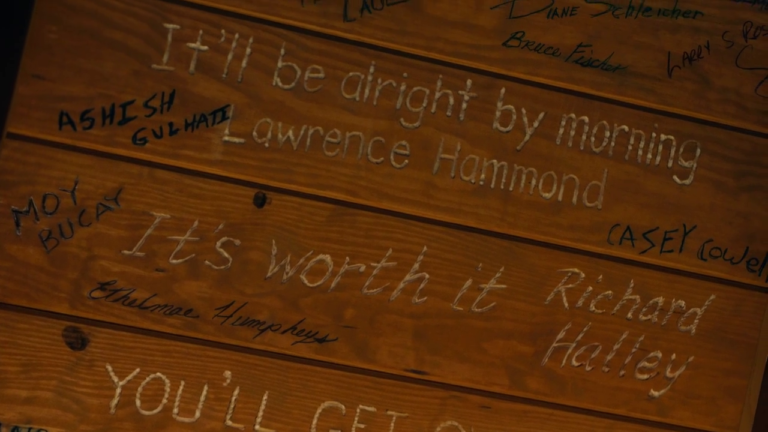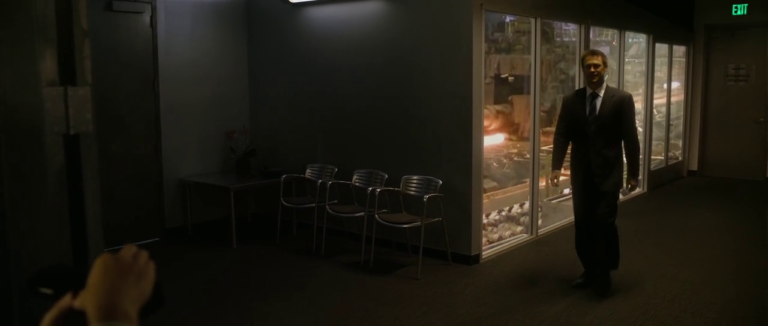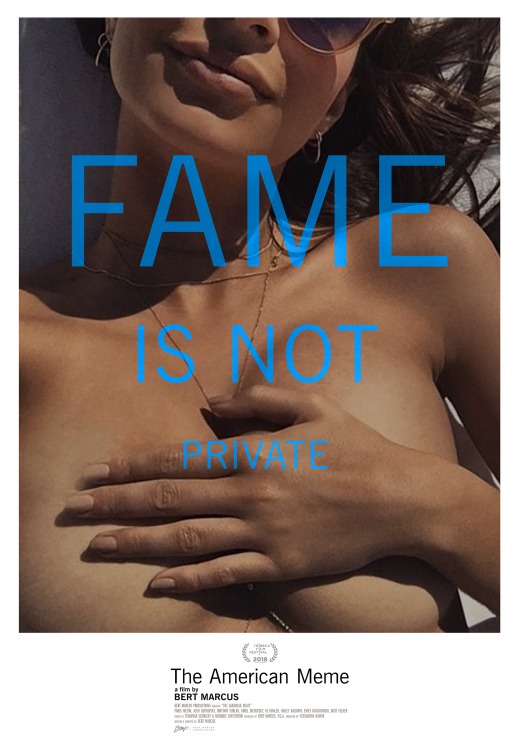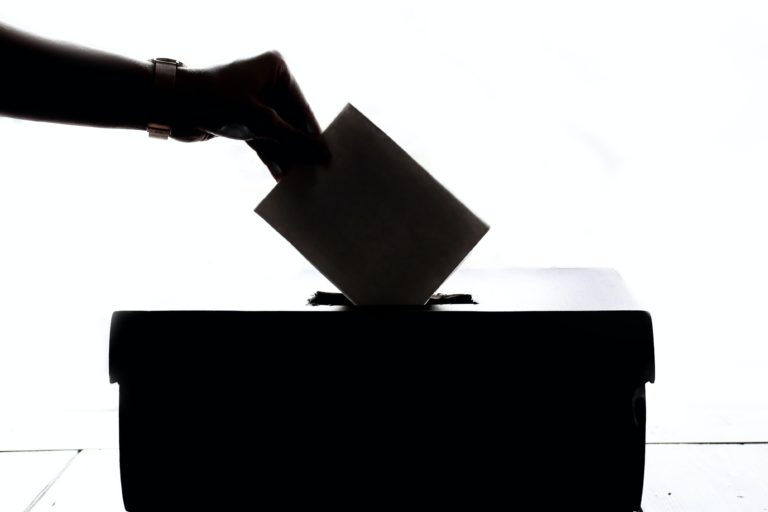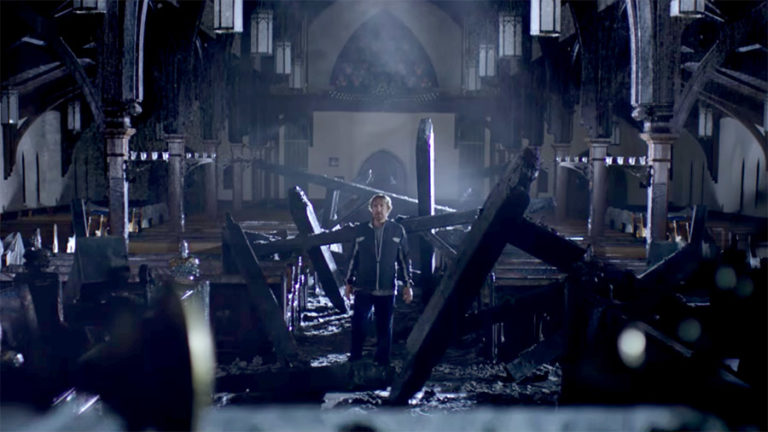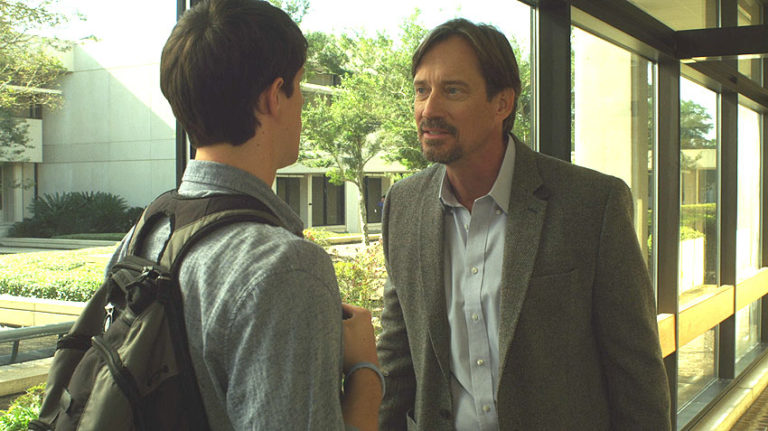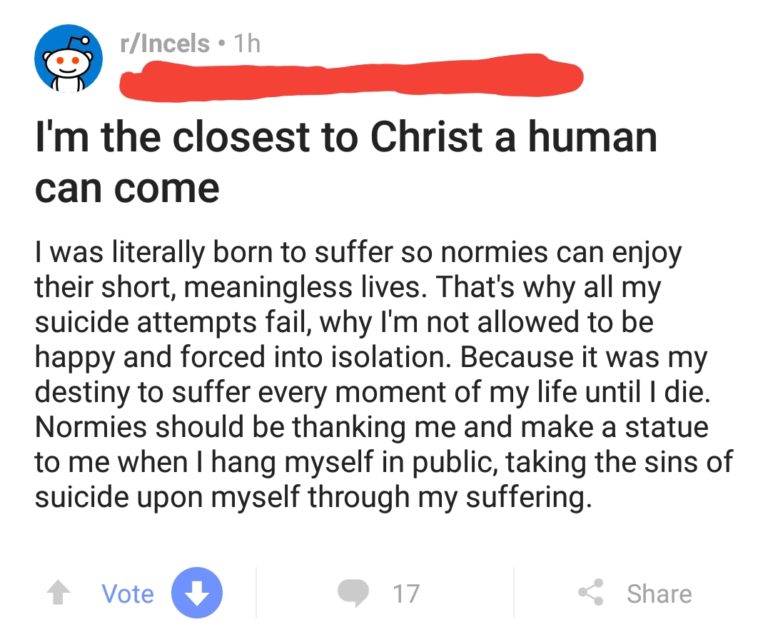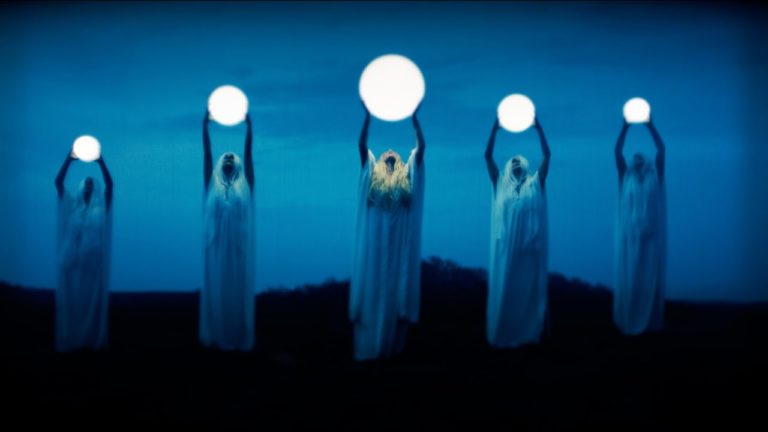Welcome back to the Atlas Shrugged retrospective! Today we’ll be looking at the third and (mercifully) final...
politics
Welcome back to part two of the Atlas Shrugged retrospective! In today’s post we’re going to be looking...
Hey it’s the 4th of July people, so what better way to celebrate than with a retrospectives...
I recently watched Alt-Right: Age of Rage on Netflix. If you’re not really familiar with the alt-right and...
If you’ve read any of my movie reviews, you might have noticed that I always have a...
For the past couple months I’ve been working on a follow-up to my album rankings of 2017 and...
Hey everyone, I am pleased to announce that I became a father on the 29th of October!...
Welcome back to the God’s Not Dead retrospective! In today’s entry we’re covering the latest, and possibly last,...
Welcome back to the God’s Not Dead retrospective! In today’s entry, we’re going to be looking at the...
It has been quite a while since my last Retrospectives series. Don’t get me wrong, I’ve had...
A few months ago I touched lightly upon the Satanic Panic of the 1980s, a historical mass...
In the time period between #GamerGate (ugh) and the rise of Trump (BLEH), I started reading We Hunted...
The recent poisoning of former Russian agent Sergei Skripal and his daughter Yulia with a deadly nerve agent...
Lately I have been reading Richard Beck’s We Believe the Children: A Moral Panic in the 1980s,...
